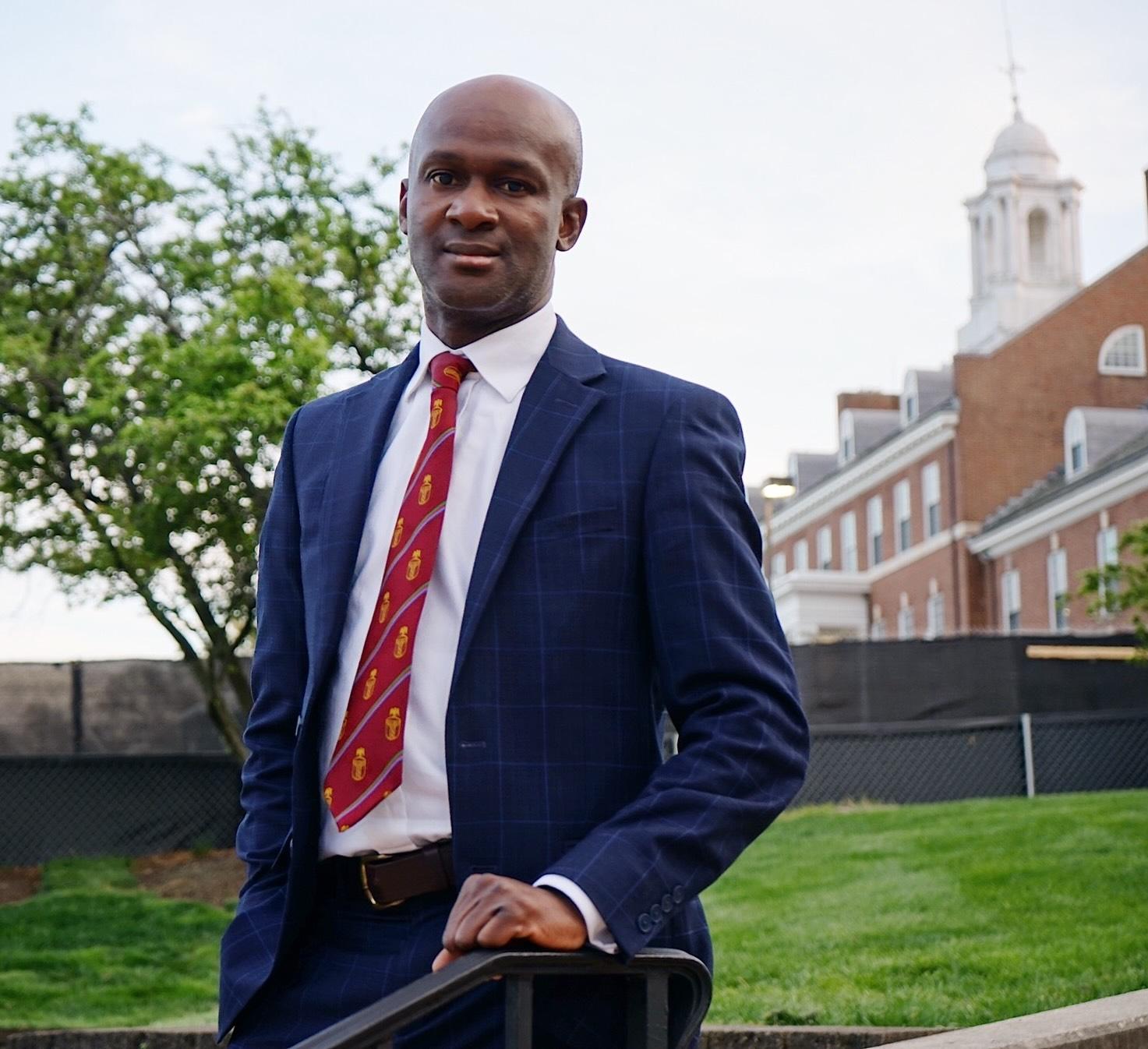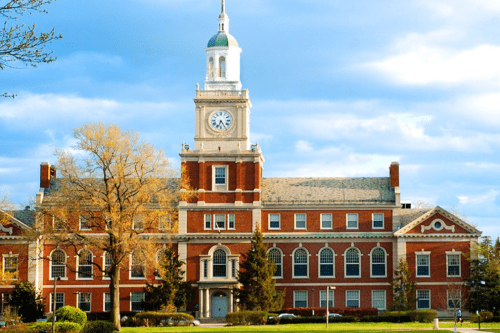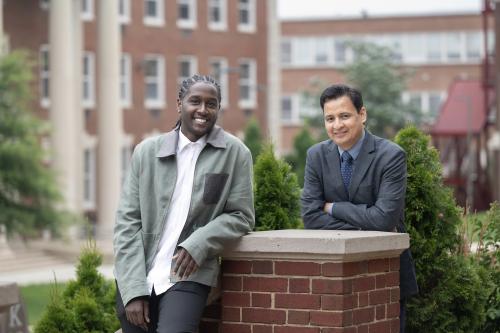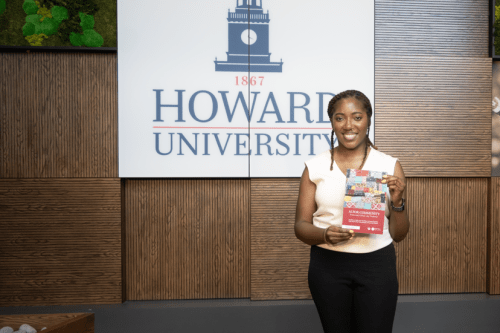A new Howard University study shows that loneliness significantly harms mental and physical health, but it also reveals resilience among Black and Hispanic adults.
The nationwide study was led by Oluwasegun Akinyemi, MD, Ph.D., a senior research fellow at the Clive O. Callender Outcomes Research Center. Akinyemi called loneliness a “silent public health crisis,” one that significantly increases the risk of depression and other serious mental and physical health outcomes. Published in PLOS ONE, it adds to the growing research on the population-level health effects of loneliness in the United States.
A recent report from the World Health Organization warns that loneliness has become not just a national but a global health crisis, killing roughly 100 people every hour, or more than 871,000 people per year. The report found that despite unprecedented digital connectivity, social isolation is intensifying, driven by poor health, economic insecurity, lack of community spaces, and a culture that places individualism over communal care. This growing disconnection should be treated as an urgent medical challenge.
The Howard University study analyzed data from more than 47,000 adults across the U.S. collected through the Behavioral Risk Factor Surveillance System. Using advanced statistical methods, the authors estimated the effects of loneliness while accounting for differences in age, race, income, and other variables.
Researchers found that individuals who reported “always” feeling lonely were:
- Five times more likely to experience clinical depression.
- Living with 11 additional mentally unhealthy days per month.
- Reporting five more physically unhealthy days each month.
While Akinyemi and co-authors expected loneliness to predict poor health, the magnitude was unexpected. Over 50% of those who always feel lonely screened positive for depression. Researchers found these patterns held across racial and gender lines but with important nuances.

Interestingly, however, Black and Hispanic participants reported fewer depression symptoms compared to White participants, even at similar levels of loneliness.
“Loneliness is undeniably damaging, but we were struck by the resilience we observed among minority communities,” Akinyemi said. “It points to cultural strengths and social ties that may help protect mental health, even when people feel disconnected.”
The Clive O. Callender Outcomes Research Center serves as a major hub for interdisciplinary health research within Howard University’s College of Medicine. Led by scientists like Akinyemi, the center brings together faculty, residents, and students across medical fields to conduct impactful studies on population health. It also plays a key role in mentoring medical students and trainees as they develop research-based solutions to pressing public health challenges.
Akinyemi said his interest in studying loneliness partly came from his own experience as a newcomer to the United States. Originally trained as an obstetrician-gynecologist in Nigeria, he later pursued a master’s in public health and a doctorate in health services research at the University of Maryland.
After arriving in the country, he said he was struck by the cultural differences in how people connect.
“In Nigeria, your neighbor is part of your life, often like family. In America, your neighbor can feel like a stranger. That disconnect was shocking to me at first,” he said. “It made me think about how the structure of society itself can create or reduce loneliness.”
“This study tells us that loneliness should be treated as a clinical risk factor, just like high blood pressure or smoking,” Temitope Ogundare, M.D., psychiatrist and clinical instructor at Boston University and one of the co-authors on the study said. “It’s time for health systems to screen for social isolation and respond with prevention strategies, such as social prescribing and community-building programs.”
While his latest study doesn’t provide clear answers to all these questions, Akinyemi said he and colleagues plans to explore them in future research. He said the Howard University College of Medicine offered an ideal place to study how loneliness is shaped by race, culture, and community.
“Howard University’s commitment to health equity and its history of serving minority communities will allow us to look at loneliness through a cultural lens,” he said. “We know that loneliness is not just an individual feeling, but it’s something shaped by the environment, by race, and by community ties.”
For now, Akinyemi offers this message: “If you’re feeling lonely, you’re not alone — and it’s okay to talk about it.”
Main image credit: photo by ActionVance on Unsplash
###





